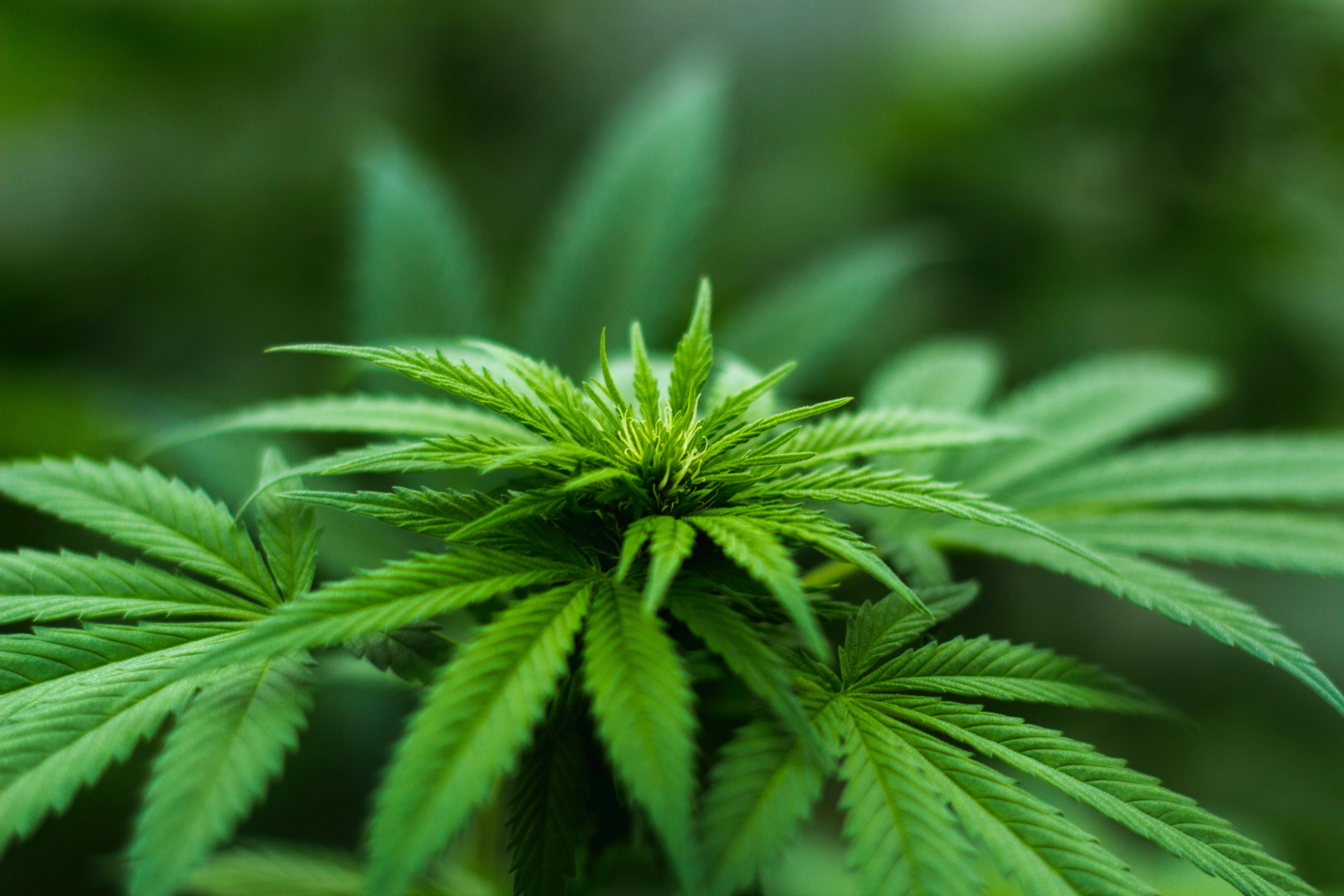Legal Marijuana and Supply: An Interview with University of Waterloo Professor Anindya Sen

Editors Note: This article is part of a feature series covering cannabis legalization legislation in Canada. To read our coverage on public policy measures regarding legalization, click here. To learn more about the cannabis industry and its dynamics with race and sex, click here. To view Professor Sen’s presentation on supply shortages and loss of tax revenues, click this link.
With marijuana’s legalization all but certain in Canada, politicians and private enterprises are dashing to build the framework for its sale in the near future. Ontario is anticipated to open about 40 marijuana stores by the end of this year, while Quebec is expected to open around 20. But can we expect legal supply to keep up with overall demand? For Economics Professor Anindya Sen of the University of Waterloo, the government may experience a shortage it did not account for. MIR sat down with Professor Sen to discuss his concerns with the economics of marijuana legislation and what he believes needs to be done.
Alec Regino: Could you tell me a little bit more about your concerns about marijuana supply?
Anindya Sen: Sure. So my concern is based on the research I’ve conducted and when I run my models, the results I get is that based on findings from Health Canada data on the number of licensed producers and the trends in supply and inventory of medicinal marijuana, if you projected outwards to the advent of the legal market there simply won’t be enough legal supply to meet demand. I did my research: I projected demand to be anywhere between 600 to about a thousand metric tons in the first year, but supply, will probably meet about 40 to 60, or about 60 percent of it at best. The reason for this is that the government is a playing a bit of a catch-up game. It didn’t license enough producers initially and even as producers are being licensed now, there’s no guarantee that they will be successful.
The point is that if there’s not enough supply that will be a black market. Most people think that you get a black market because the legal price taxation is much higher than the legal price, which is true, but the point of the research is to say that this is another source of black market activity which should be a concern to you and you will have a black market even if the prices are the same legal/illegal, but there just isn’t enough supply for people.
AR: How would you suggest that the legal market and compete with the illegal market in Canada? Should we try to root out illegal suppliers?
AS: Yes. I mean, and that’s something which I advocate my research. I’ve always said that as much as possible, the price should be set low. There is a discussion that the price will be about 10$ a gram, especially in Ontario. I still think that’s a bit too high. If someone set their price to be, about 7$ or 7.50$ a gram, I think that will effectively eliminate a large part of the illegal market because now it’s so cheap it just isn’t worth going out and buying illegal contraband but the other point is that also is the guarantee of quality and safety within the legal supply, which also should incentivize people to go to the legal market.
AR: The federal government has set a legal age for the consumption of marijuana to be about 18 years old. Do you think that’s a fair assessment or do you think that there should be more adjustments to be made and marijuana reform so that adverse populations don’t have access to marijuana?
AS: You know, this is a touchy topic because sometimes minimum age laws don’t work because if you know someone who’s about a year older than you, you can always get that person to buy the product for you and that often happens in universities. But I think mirroring the provincial alcohol laws for minimum legal drinking is not a bad idea because there is a precedent.

AR: You also mentioned in one of your articles that the sale of marijuana hand in hand with alcohol and cigarettes is not a good idea for the sale of supply of marijuana. Why do you think that’s the case?
AS: Well, I think encouraging complementary consumption is not a good idea, but what I emphasized more was kind of Ontario specific. In Quebec you have the SAQ and in Ontario we have the LCBO. The LCBO is going to sell marijuana, but, under the organization Ontario Cannabis Store. What I was very specific on is that I don’t want alcohol and cannabis to be sold by the government. I was also alluding to having the same store, but it was more that I honestly believe that the government doesn’t need to be in the business of selling cannabis.
When you think what’s happening Ontario is that the government is opening new stores. It’s 40 stores and it might go to 100-150 stores over a few years. That’s a lot of money. And they’re going to have to pay people also to work in these stores. That’s just a lot of money going for waste. You could have just outsourced to the private sector and regulate them and that way the government doesn’t have to incur wasteful expenditures.
AR: So would you say that the ideal way of distributing marijuana should be through the private sector?
AS: Correct.
AR: Would this be an Ontario specific kind of measure, or do you think that would make sense in Canada?
AS: Throughout Canada. I’m a big fan of the model in Colorado. It’s completely private retail so you can go to these stores, which are regulated, they have to meet stringent regulations. The product is safe and high quality and when you go there you have knowledgeable people, you can ask for advice, and there’s no reason the government has to do that. The market does it very well.
AR: Both the United States and Canada face an ongoing opioid epidemic. In these two countries do you think that the legalization of cannabis will affect the demand for opioids, if at all?
AS: No, I don’t think marijuana is a gateway drug. I mean it’s something which really has been clearly established and you never know what happens in Canada, but I think cannabis/marijuana is just a very different product. The other products are addictive and you can OD on them. You can’t OD on marijuana. We know that. So it might serve as a gateway to some people. On the other end, one could argue that for the same people alcohol might be serving as a gateway also. For the vast majority of the population, I don’t think it’ll be a gateway with more severe types of drugs.
AR: Has the government done enough in the terms of justice and healthcare reforms to tackle the new legislation for marijuana legalization or is there more to be done?
AS: I think there’s more to be done. I think in terms of especially education, there has to be a concerted national campaign to educate people on how to use marijuana or what the dangers of consumption are because a lot of people don’t know how to consume it properly. There is research to suggest that it’s not good to consume when your brain is still developing when you’re younger. So these things have to be advertised much more and I think the legislation hasn’t been passed yet, but its working to enact legislation in which selling to minors is basically akin to narcotics trafficking with very, very stiff penalties, so they have to be implemented pretty quickly.
Edited by David Boot.

